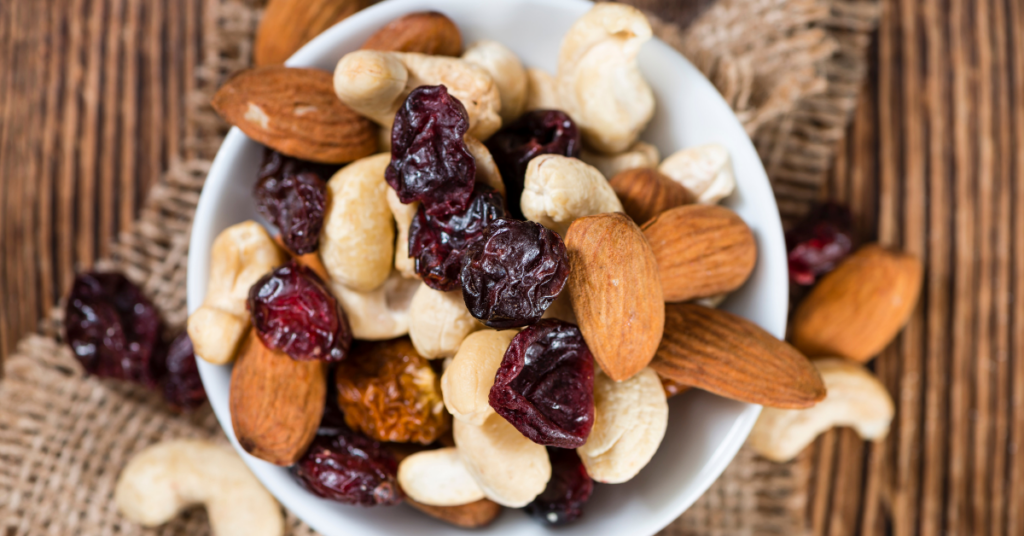
- Article at a Glance:
Protein intake is important to keep your kids healthy and strong. Protein needs vary based on age, gender, and other factors.
Plant-based protein provides enough protein with extra vitamins and minerals.
Knowing how and what to feed your children is an important job. We want to make sure they are eating a healthy, well-balanced diet. In particular, parents often wonder if their child is getting enough protein. Let’s talk more about why protein is important and how to ensure your child is getting enough.
Why is Protein Important for Kids?
Infancy into adolescence is a time of rapid growth and development. In fact, kids are in a constant state of growth until about 10 years of age! Dietary protein provides their growing bodies with the amino acids needed to support muscle, skin, and bone development.
Protein is also essential for a healthy immune system. Our immune cells, lymphocytes and antibodies, are made from amino acids. These cells help their little bodies fight off infections. Inadequate protein intake means they may be more susceptible to more frequent and severe infections.
How Much Protein Does My Child Need?
Since children are growing at such an accelerated rate, they need more grams of protein per body weight than any other stage of life. Protein needs are different for every child and are based on factors like age, size, activity level, and health status. The National Health Institute created a general guideline that can be used to estimate protein needs:
Toddlers: 1-3 years | 13 grams |
Children: 4-8 years | 19 grams |
Preteens: 9-13 years | 34 grams |
Teens: 14- 18 years | 46-52 grams |
Healthiest Sources of Protein for Kids
Protein can be found in lots of different foods. Both plants and animals can provide your child with the protein they need (read more about the differences here). But plant-based proteins may provide your child with some extra nutrients that children often lack, like fiber and various vitamins and minerals.
Food preferences are created during childhood, so it is important to expose our children to lots of different foods and flavors. Offering a source of quality protein at every meal helps meet their nutritional needs and develop their palate. Protein pancakes for breakfast or energy balls in their lunchbox will do the trick!
Plant-based foods high in protein include:
2 scoops LiveComplete protein powder | 20 grams of protein |
1 oz tofu | 3 grams of protein |
½ cup kidney, black, or cannellini beans | 9 grams of protein |
⅓ cup of quinoa | 6 grams of protein |
¼ cup of nuts | 5 grams of protein |
½ cup of lentils | 9 grams of protein |
1 cup of soy milk | 7 grams of protein |
LiveComplete Takeaways
Ensuring your child is getting enough protein does not have to be complicated. Encouraging whole, plant-based proteins, like LiveComplete protein powder, will ensure your child gets what they need to stay strong and healthy.
Sources
Karagounis LG, et al. (2018). Protein intake at breakfast promotes a positive whole-body protein balance in a dose-response manner in healthy children: A randomized trial. https://www.sciencedirect.com/science/article/pii/S002231662216311X?via%3Dihub
Verduci, E., & Köglmeier, J. (2021). Immunomodulation in Children: The Role of the Diet. Journal of pediatric gastroenterology and nutrition, 73(3), 293–298. https://doi.org/10.1097/MPG.0000000000003152



